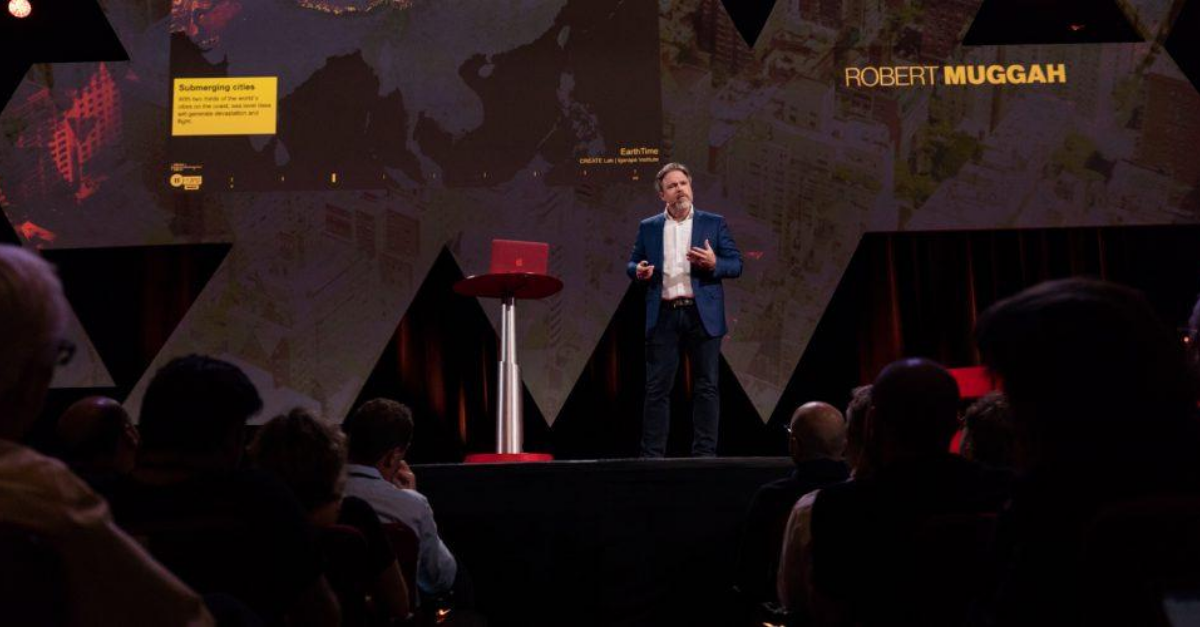AI and the Global South
By Robert Muggah
Published in Project Syndicate
RIO DE JANEIRO – Recent months may well be remembered as the moment when predictive artificial intelligence went mainstream. While prediction algorithms have been in use for decades, the release of applications such as OpenAI’s ChatGPT3 – and its rapid integration with Microsoft’s Bing search engine – may have unleashed the floodgates when it comes to user-friendly AI. Within weeks of ChatGPT3’s release, it had already attracted 100 million monthly users, many of whom have doubtless already experienced its dark side – from insults and threats to disinformation and a demonstrated ability to write malicious code.
The chatbots that are generating headlines are just the tip of the iceberg. AIs for creating text, speech, art, and video are progressing rapidly, with far-reaching implications for governance, commerce, and civic life. Not surprisingly, capital is flooding into the sector, with governments and companies alike investing in startups to develop and deploy the latest machine-learning tools. These new applications will combine historical data with machine learning, natural language processing, and deep learning to determine the probability of future events.
Read more



